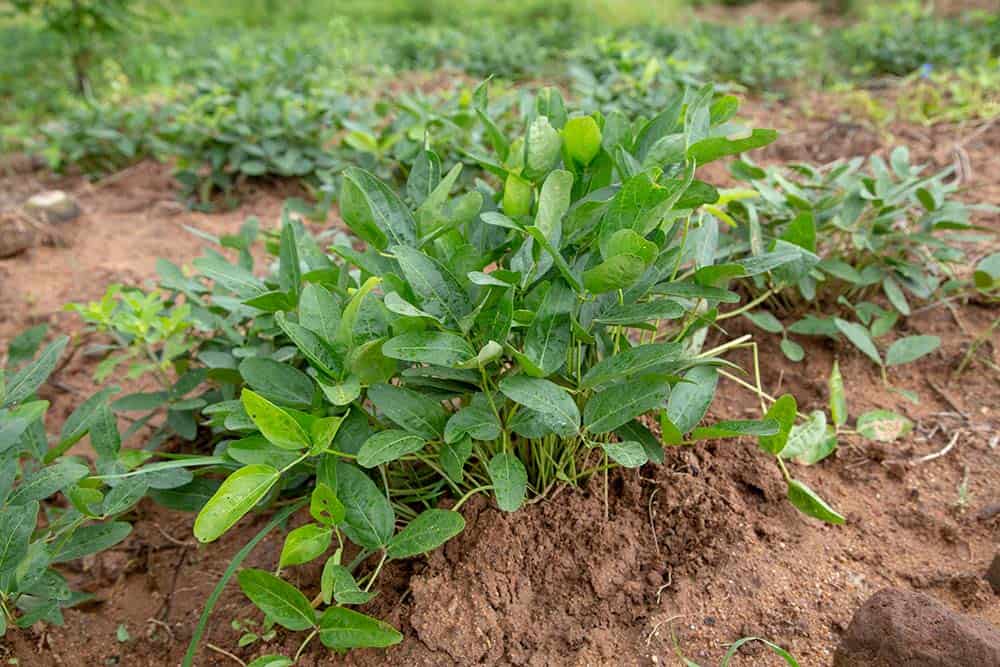Bambara groundnut is a climate-resilient yet underutilized legume crop with strong potential to enhance food security in Sub-Saharan Africa. However, its productivity remains low due to poor soil management and limited focus on beneficial microbial associations.
As part of his PhD research titled “Agroecological interventions for sustainable production of bambara groundnut [Vigna subterranea (L.) Verdc.] in Sub-Saharan Africa”, a member of our team Muhammed Jimoh is conducting multi-seasonal agronomic field trials at IITA Ibadan and Mokwa stations in Nigeria. The study evaluates how arbuscular mycorrhizal fungi and land preparation practices affect soil health, nutrient uptake, photosynthetic efficiency, and overall productivity of various bambara groundnut genotypes.
Preliminary findings from the 2025 season indicate enhanced early growth and root development under AMF-inoculated treatments, improved soil moisture retention under zero tillage and noticeable variation in growth parameters among the evaluated genotypes. Additionally, farmers have demonstrated increasing interest in the demonstration plots, reflecting positive perceptions of the improved agroecological practices.
The upcoming second phase of the research in 2026 will focus on validation of the findings and development of a robust agroecological framework for climate-resilient bambara groundnut production across Nigeria and beyond.


